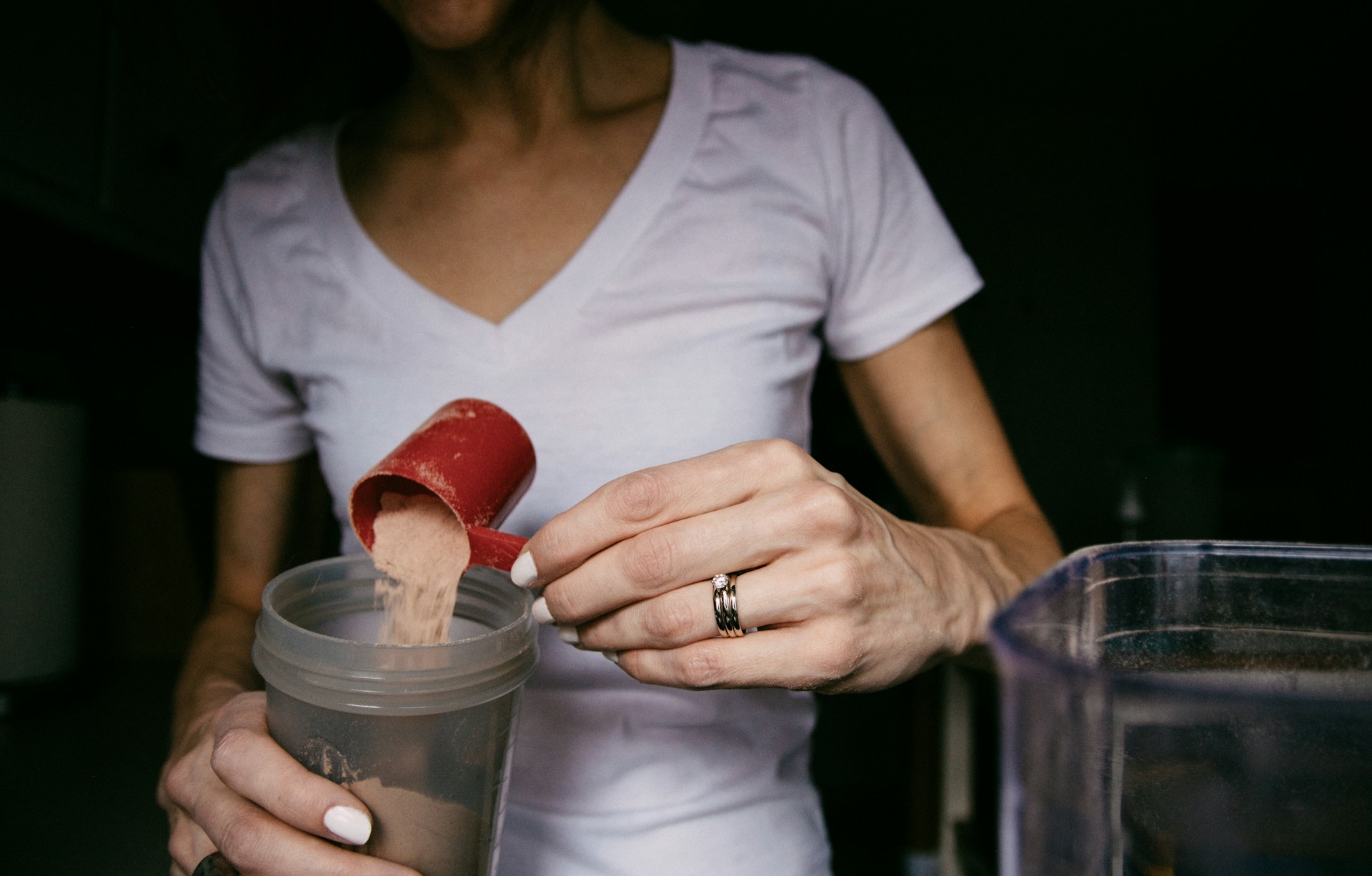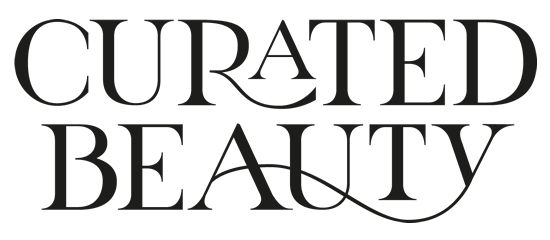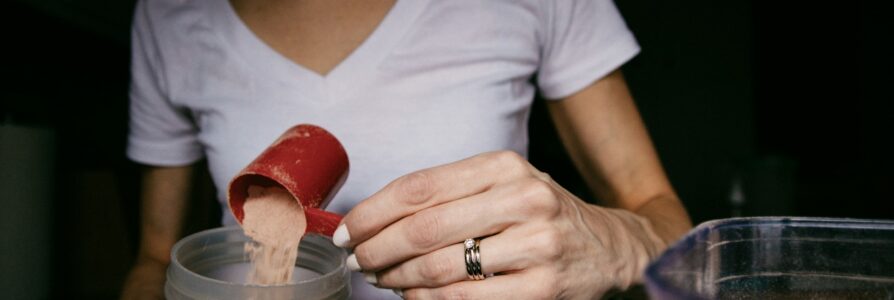 Photo by Kelly Sikkema on Unsplash
Photo by Kelly Sikkema on Unsplash
Protein is often hailed as the building block of our bodies, and for good reason. It’s essential for everything from muscle growth to hormone production. But did you know that your skin can also be a barometer of your protein intake?
While these signs can indicate a potential protein deficiency, it’s essential to consult with a healthcare professional for a proper diagnosis. Other factors, such as underlying health conditions or skin disorders, can also contribute to these symptoms.
If you suspect a protein deficiency, consider incorporating more protein-rich foods into your diet, such as lean meats, poultry, fish, eggs, dairy, legumes, nuts, and seeds. However, it’s always advisable to consult with a registered dietitian or healthcare provider to determine the best approach for your individual needs.
Remember, a balanced diet that includes a variety of nutrient-rich foods is essential for overall health and well-being, including the health of your skin.
Here are five signs your skin might be sending you to indicate a potential protein deficiency.
Dull, Lacklustre Skin
Healthy, glowing skin is often a reflection of good overall health, including sufficient protein intake. Protein is a key component of collagen and elastin, two proteins that give skin its structure, elasticity, and radiance. When your protein intake is low, your skin may appear dull, lacklustre, and prematurely aged.
We recommend: This Works Morning Expert Vitamin C Power Mask
Slow Wound Healing
Protein is essential for tissue repair. It’s involved in building new skin cells to replace damaged ones. If you notice that cuts, scrapes, or acne blemishes take longer to heal than usual, it could be a sign that your body isn’t getting enough protein to facilitate the healing process effectively.
We recommend: Elemis Tea Tree S.O.S. Spray
Increased Skin Dryness
Protein helps to retain moisture in the skin. When your protein intake is insufficient, your skin’s ability to hold onto hydration can be compromised, leading to increased dryness, flakiness, and itchiness.
We recommend: Murad Daily Defense Cream
Acne Flare-Ups
While acne is a complex condition influenced by various factors, including hormones and genetics, protein deficiency can exacerbate the issue. Adequate protein intake supports overall skin health, including the regulation of oil production. When protein levels are low, it can disrupt this balance, contributing to acne flare-ups.
We recommend: Dermalogica Breakout Clearing Booster
Loss of Skin Elasticity
As mentioned earlier, collagen and elastin are crucial for maintaining skin’s elasticity and firmness. Protein is a precursor to these proteins. When your protein intake is inadequate, your skin may lose its elasticity, leading to the appearance of wrinkles and sagging.
We recommend: Elemis Pro-Collagen Skin Future Supplements

